How to Practice Self Care with Cancer
Cancer surely affects people in more ways than one— physically, mentally, spiritually, and emotionally. Your initial focus may be managing and adjusting to physical changes that occur with cancer treatment, but addressing other effects of cancer can also help you through treatment and toward healing.
The first few weeks following a cancer diagnosis typically are the most challenging, but there is a different struggle that comes later on in the battle against cancer.
Rather than making quick yet carefully considered treatment decisions, you’re forced to figure out how to keep moving forward and how to get back to the life you had. Of course, life will never be the same. Unfortunately, responsibilities don’t go away when you have cancer. However, during treatment, your priorities will most probably change. Taking care of yourself could prove to be one of your most important jobs. This is true whether you work in or outside the home.
That’s the thing about the life-changing diagnosis: they change lives, forever. It’s important to keep in mind, that this change doesn’t have to be all negative.
Managing Expectations
After a cancer diagnosis, your life often becomes a never-ending circle of platitudes. Patients can feel stuck in a state between “make the most of each day” and “live in every moment”. Survival is a miracle on its own, but the expectation to constantly live life to the fullest just adds even more stress to our already complicated life.
Learning that there are still choices, and options in life even after a cancer diagnosis, may come as a surprise to some newly diagnosed cancer patients.
So how can we manage these expectations and combat the added pressure? How can we take care of ourselves first?
Practicing self-care with cancer is an important part of any patients well-being and happiness. Self-care with cancer isn’t discussed very often, but it’s an important part of your well-being, health, and recovery. The treatment plan you develop with your oncologist will help your body get healthy — but it focuses only on the disease, not the rest of you. A self-care plan is also important.
Self-care is essential for all of us; it’s something that allows you to take a mental health break while also making sure your body is in good shape. After an initial period of stress or anxiety, you need a little time to heal and get yourself back to a good place. This is especially true for cancer survivors, who battle stress, physical pain, anxiety, depression, and worry every day. Cancer comes in many different forms and affects the body and mind in different ways, meaning no two people will handle it the same way. works for you when it comes to coping may not work for someone else, and vice versa.
Fortunately, there are many different ways you can learn to cope with your feelings and take a time-out. From daily exercise to learning how to listen to your body’s cues, self-care involves a variety of activities for you to choose from. You may choose to practice self-care alone or with a close friend; you can do it from the comfort of your own home or at the gym. Whatever makes you feel good in a healthy way is classified as self-care.
After Cancer
During treatment, just getting through each day can take all of the energy you have, making it hard to think about anything else, especially about life after treatment. After treatments are over, many people experience mixed emotions of relief and anxiety about what the future may hold. This may be an unexpectedly challenging period of adjustment, so be sensitive to your own needs. Don’t expect to always feel good now that you’re out of treatment, and take the time you need to come to terms with what you have been through. A self-care plan helps you stay as healthy and as active as possible during your treatment. It can help you keep your life more balanced. Your cancer team or personal physician can help you develop a self-care plan.
Self Care & Caregivers
Caregivers—whether family members or friends—provide different forms of support to people with cancer. Full of richness, the experience of caregiving reflects on the hearts and souls of both the caregiver and the patient. Caregiving may include help with day-to-day activities, identifying resources, coordinating care and services, companionship during health care appointments, emotional and spiritual support, and more. Time, conversation, listening, kindness, and love are among the most valued forms of care.
Caregiving with support to someone with cancer can also be challenging physically, emotionally, and financially. Stress associated with cancer can feel utterly overwhelming. Many caregivers put their own feelings and needs aside as they focus on the person with cancer. This may work for a short time. However, giving constant care to another person can be hard to maintain for a long time. If you do not take care of yourself, you will not be able to care for another. Caregivers must practice self-care for and replenishment.
Dealing with Specific Feelings and Reactions
Caregivers often experience a range of feelings related to supporting a loved one with cancer. Shyamali Singhal, MD, a Surgical Oncologist, describes that most caregivers have generous loving feelings. Only sometimes does their anxiety and fear prompts them to have other reactions, including projecting their feelings onto the loved one with cancer or stepping back. The projection includes displacing inner feelings and reactions onto another person. Stepping back involves withdrawal and moving away from another person for varied reasons.
Reactions contain very strong feelings that evolve through the cancer survival experience. Anger, fear, grief, guilt, anxiety and depression, hope and hopelessness, and loneliness may occur in some caregivers. Addressing these painful feelings can prove to be very important for a patient as well for their close ones. The first step in coping with feelings is to recognize them. Acknowledge and honor what you are feeling to live through your emotions, as they come, the good and the bad, and strengthen yourself.
Newly diagnosed or currently living with cancer? Find the most current information about living with cancer, symptoms of cancer and cancer treatment, as well as motivational cancer survival stories from fascinating people across the world.












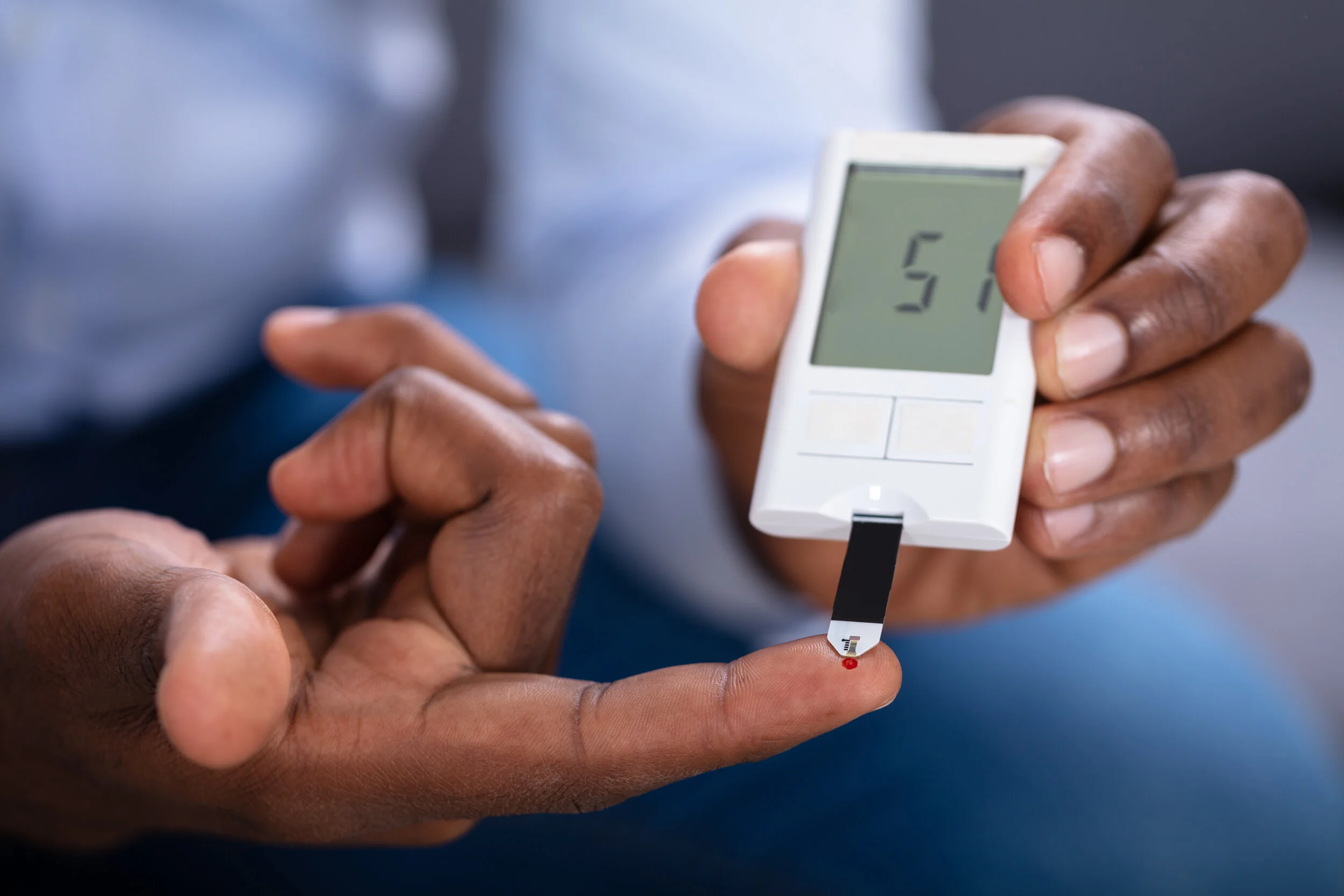
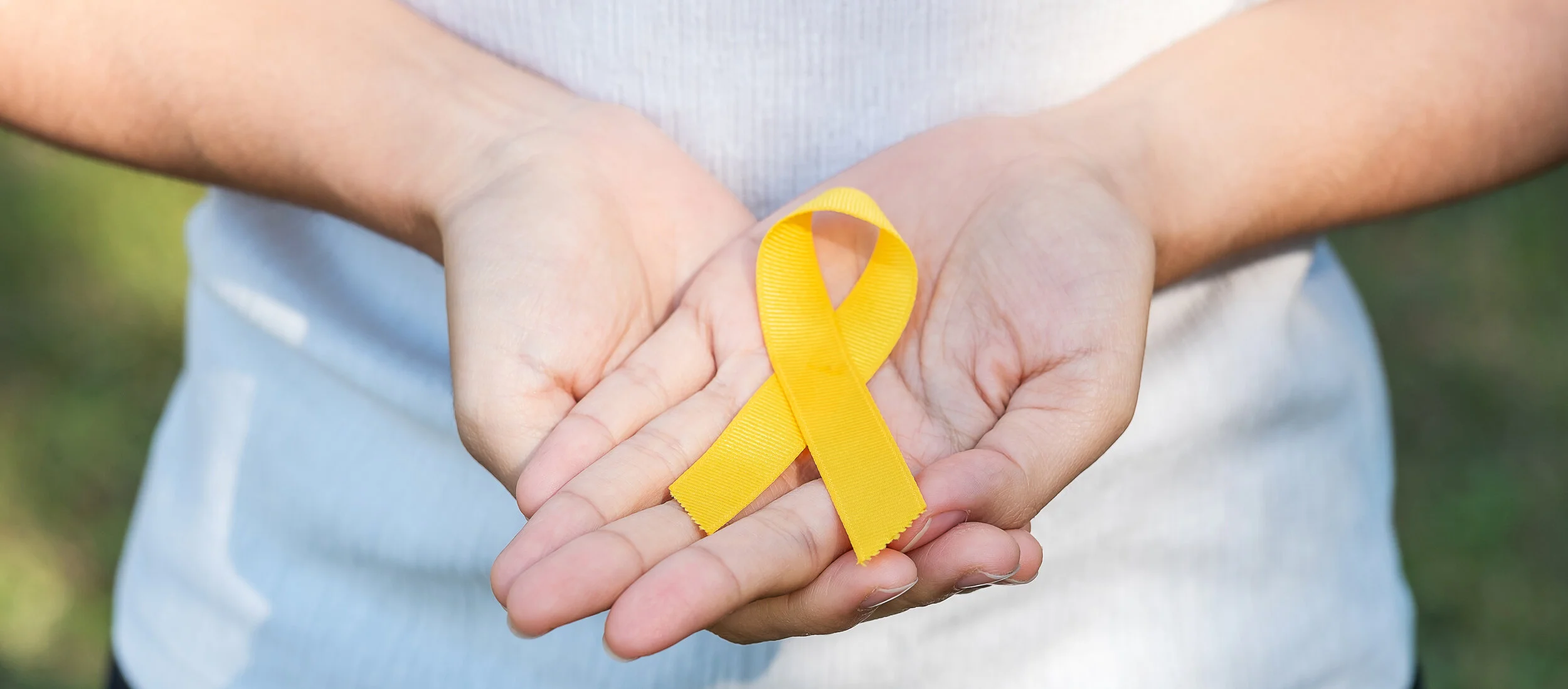
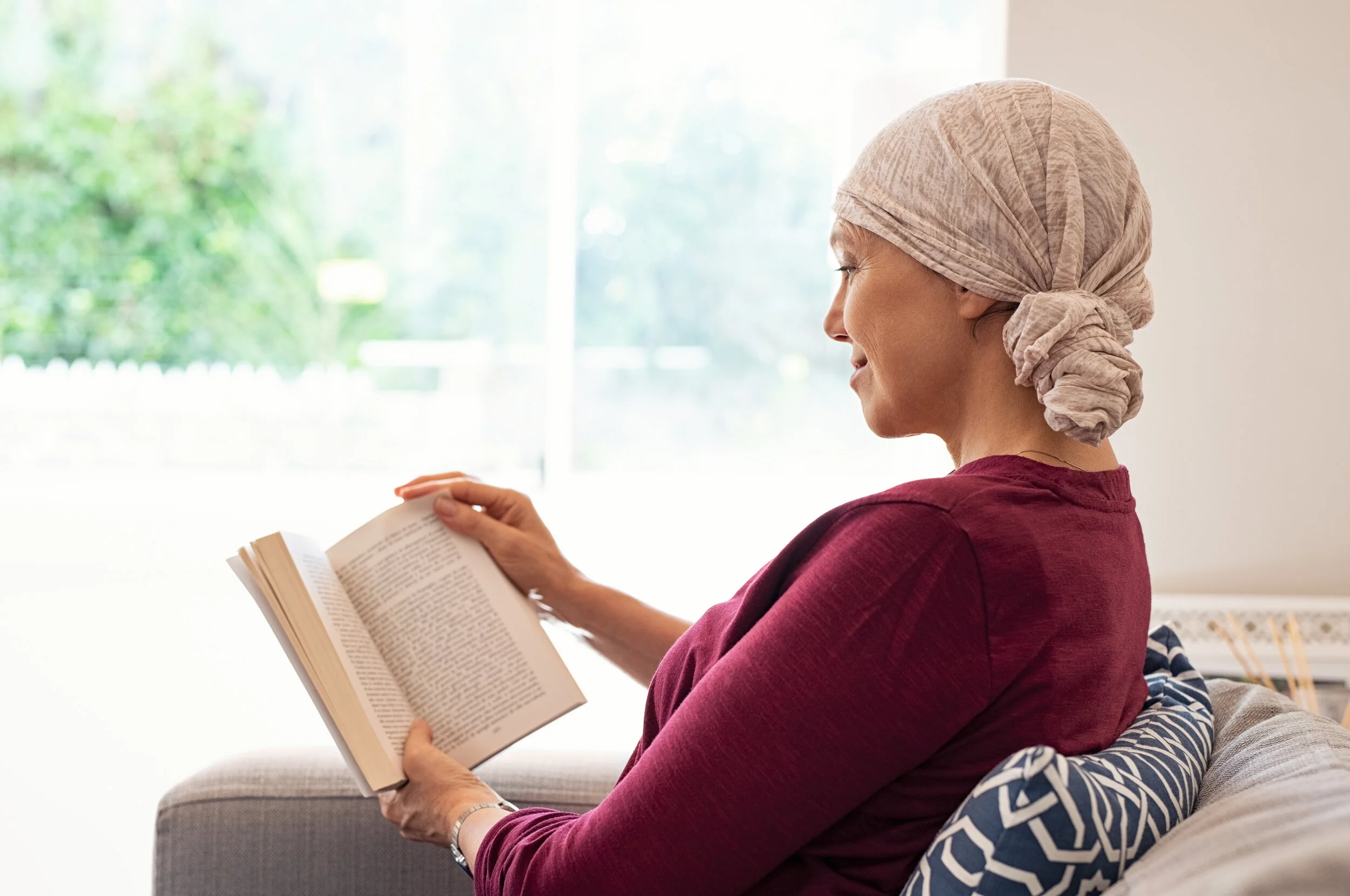
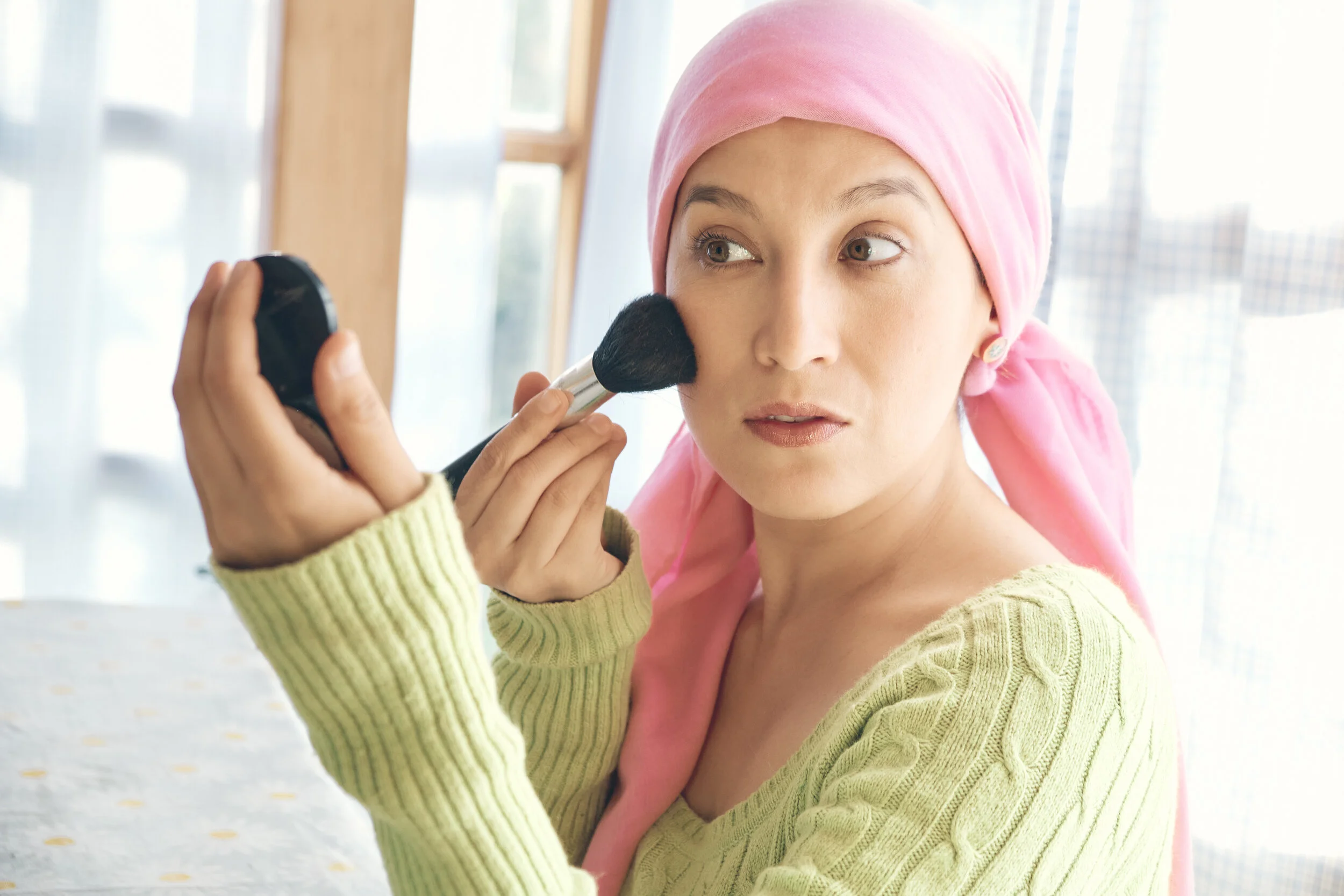
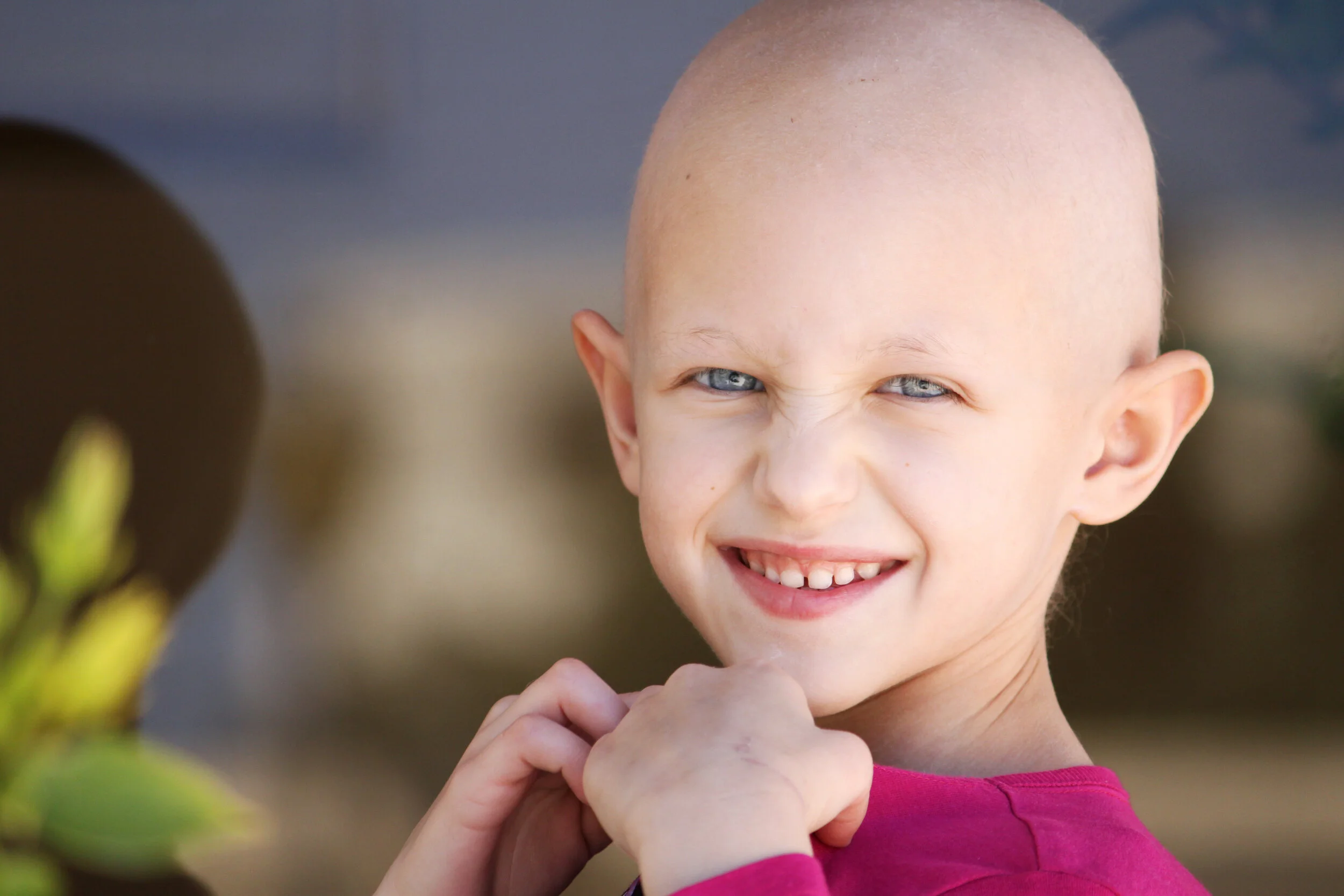
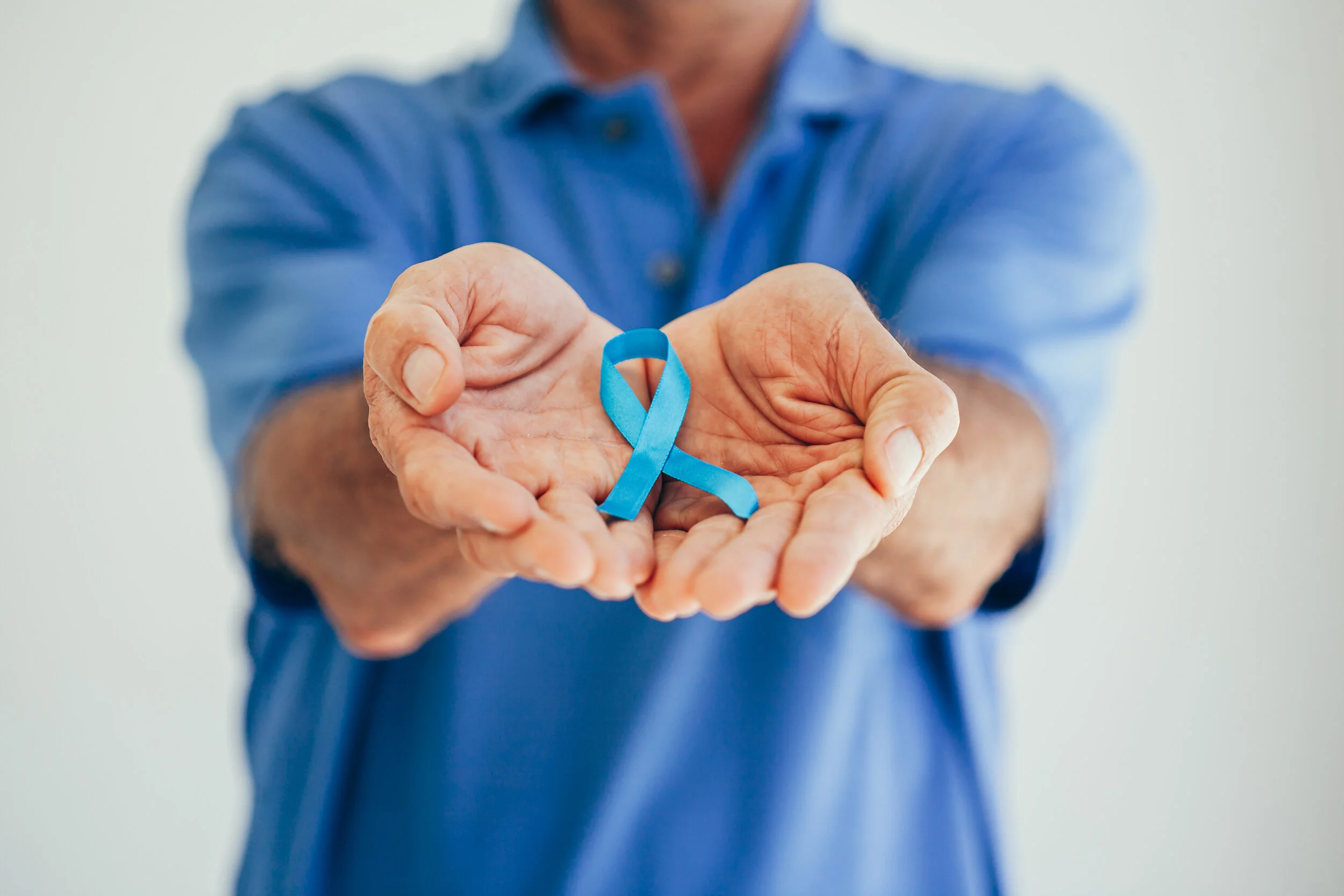
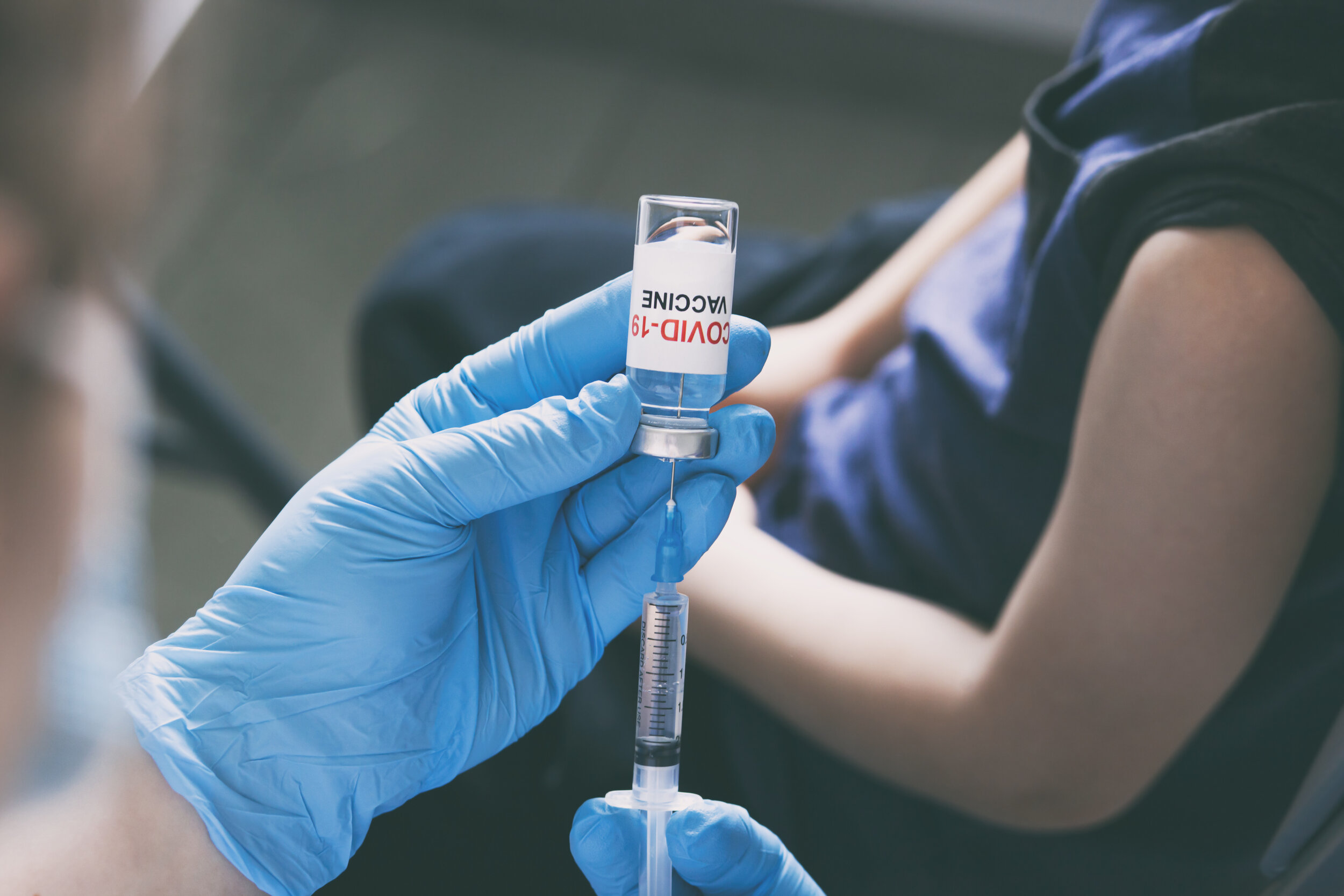

Shampoo & Condition: Alra Mild Conditioning Shampoo
Style: Cleure Smooth Hair Gel
Treat (Dehydrated Scalp/dandruff): Emu Oil